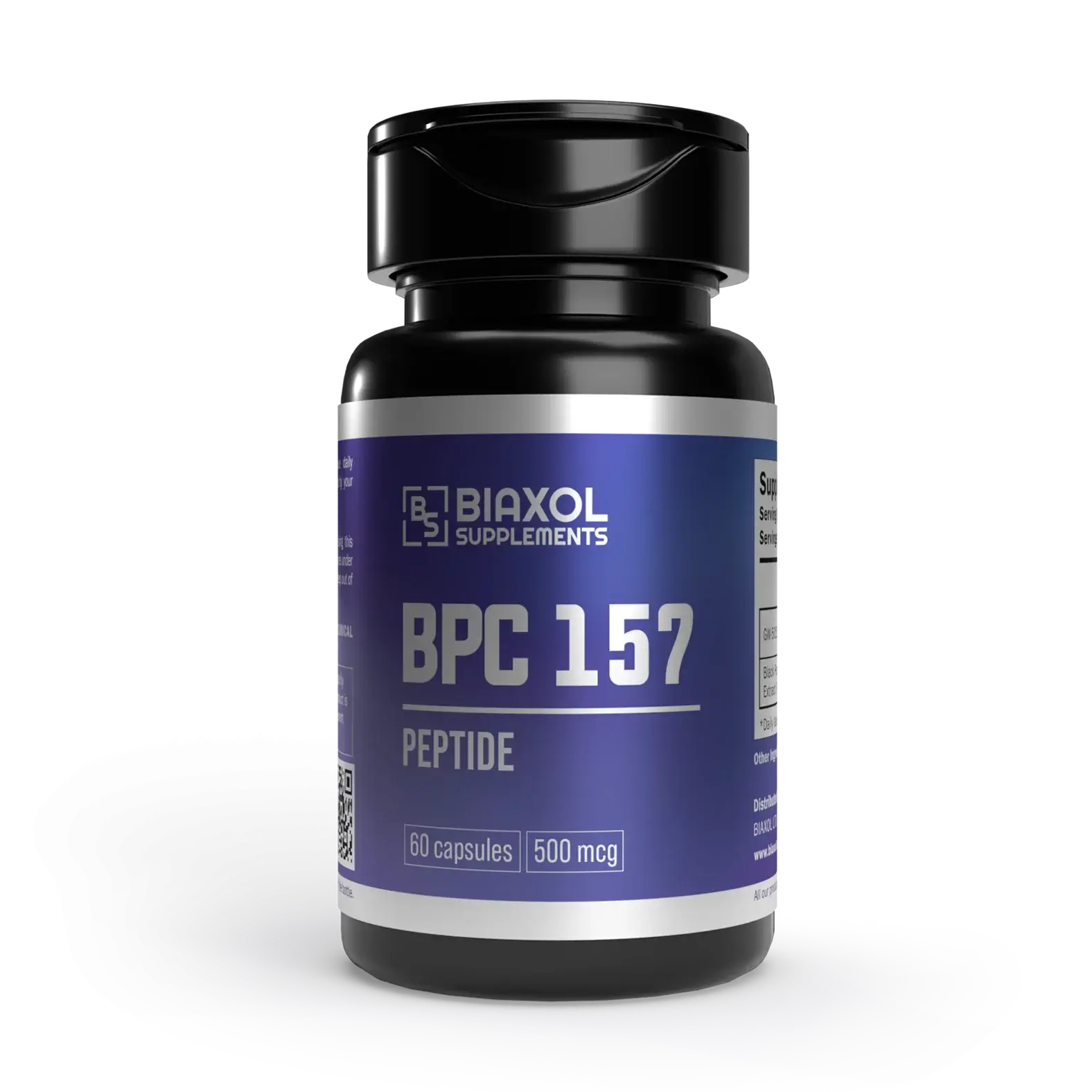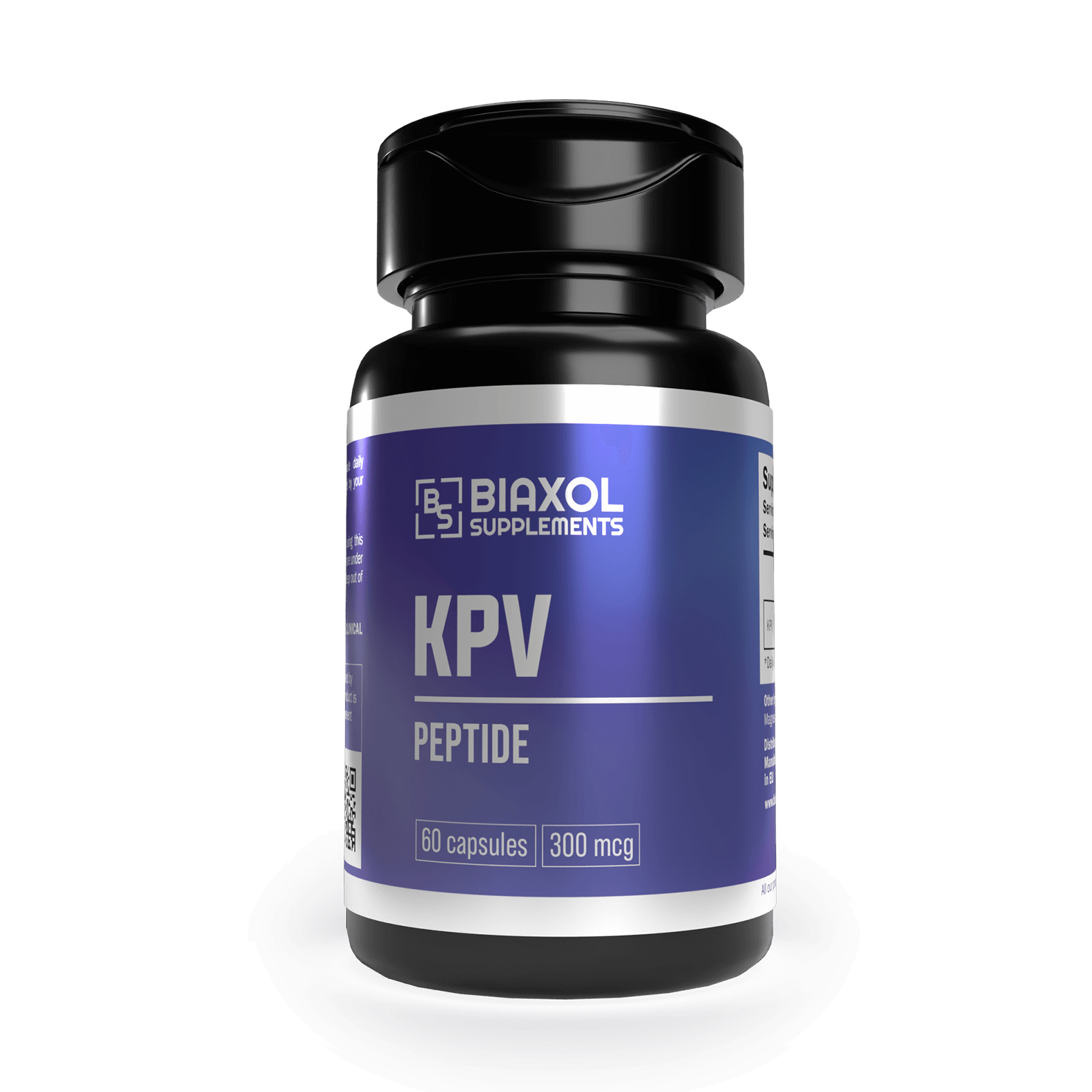Peptides Explained: Use Cases, Key Compounds, and Practical Value
Peptides are short sequences of amino acids involved in a wide range of physiological functions, from tissue repair to hormone signaling. Beyond clinical trials, peptides are now part of performance, recovery and wellness programs. With proper use, they offer targeted support sans any notable side effects of more aggressive compounds.What Are Peptides?
Peptides are short chains of amino acids. While smaller in size than proteins, they have a higher functional potency. They act as messengers that help regulate growth signals, immune response, and tissue repair. Some help with recovery while others deal with skin tone or inflammation. Common building blocks like lysine, proline, and valine each contribute to how the peptide works.What functions do peptides perform?
Peptides act on cellular receptors and send signals to specific parts of the body - such as muscles, skin, the pituitary gland, or internal organs. Some help improve your joints and skin by improving blood flow or boosting collagen, essential for when working out or recovering from an injury. Others aid in ways your body burns fat, combats illness, and copes with stress. Suffice to say each peptide has a unique build and purpose.Types of peptides (supplements)
In performance and wellness contexts, peptides are generally grouped by the systems they target. Common categories include:Recovery and Regeneration
Peptides like BPC-157 are investigated for their tissue-repairing properties. BPC-157, a synthetic sequence derived from gastric proteins, has been studied for its role in angiogenesis and musculoskeletal recovery. At Biaxol, we provide a research-grade BPC-157 formulation suitable for protocols focused on tissue support.Inflammation and Gut Health
Chronic inflammation and gut dysfunction can hinder recovery and immune performance. Peptides like KPV and BPC-157 are being studied for their potential to help reduce inflammation and heal the gut lining. Both peptides are included in Biaxol’s lineup of compounds intended for systemic recovery and intestinal resilience.Aesthetics and tanning
Melanotan II is a synthetic version of α-MSH, a hormone linked to melanin production. Research has shown its potential to support skin pigmentation and reduce the need for UV exposure. At Biaxol, Melanotan II is offered in nasal spray form, a practical, non-invasive option for research into skin health and pigmentation.Multifunctional Use
Peptides like BPC-157 and KPV are known for overlapping benefits, from soft tissue recovery to inflammation control. They are versatile and fit broader recovery protocols that support multiple systems at once.Choosing the Right Peptides
High quality peptides are clean and should work consistently in delivering expected results. At Biaxol, we focus on lab-tested products made to meet strict quality standards.- BPC-157 is valued for musculoskeletal support and soft tissue recovery.
- KPV is often used for gut and immune modulation.
- Both compounds are compatible with multi-system recovery protocols.
The best peptides
BPC-157
BPC-157 is a lab-made peptide studied for its regenerative outcomes. Early studies highlight its capacity to support healing in the gut lining, soft tissues and even the nervous system. Possible uses include:- Tendon and ligament recovery
- Muscle tissue regeneration
- Gastrointestinal lining repair
- Neuroprotection in inflammatory states
KPV
Derived from the α-MSH sequence, KPV is known for its anti-inflammatory effects. It’s been studied in models involving colitis, dermatitis, and cytokine suppression. Key applications include:- Immune regulation
- Gut barrier support
- Inflammation control across organ systems
Expert Opinion
Several studies support the role of peptides like BPC-157 and KPV in healing and immune regulation. BPC-157 has been shown to promote vascular stability and accelerate soft tissue recovery without increasing fibrosis risk. KPV has been shown to help lower inflammation in the gut, based on early research.Experts in recovery underscore the value of peptides granted that high quality standards are met.
“Current studies have shown that bioactive peptides could have a positive impact on changes in body composition and muscular performance, reduce muscle damage following exercise and induce beneficial adaptions within the connective tissue.”
— König et al., Nutrients (2021)
Are peptides steroids?
No. Steroids are hormone-based compounds with wide-ranging effects that often disrupt natural hormone levels. Peptides are amino-acid chains that act on specific targets, so they’re less likely to cause side effects like water retention, testosterone suppression, or mood swings. They don’t convert into sex hormones or interfere with the body’s own steroid production.What are its disadvantages?
While generally well-tolerated, peptides require responsible use. Poor sourcing or improper dosing can affect hormones like cortisol and growth hormones. Some peptides work best under specific timing or dietary conditions. These research compounds require precision and are often administered in the 100–500 mcg range, depending on the type.Where to find peptides?
At Biaxol, we offer a curated selection of research peptides, each accompanied by detailed compound data. Products are manufactured under strict standards, and orders can be placed directly through our secure platform.Explore:
Conclusion
Peptides continue to find relevance across disciplines, from regenerative medicine to sports recovery. All thanks to their precision and multi-system benefits. When sourced correctly and applied within structured protocols, they offer a science-backed tool for supporting recovery, gut integrity, and aesthetic outcomes. At Biaxol, we prioritize quality, transparency, and research-grade formulation—ensuring that the peptides in your protocol are as targeted and dependable as your goals require.References:
- http://pubmed.ncbi.nlm.nih.gov/34836255/
- https://www.health.com/what-are-peptides-7106093
- https://www.healthline.com/nutrition/peptides-for-bodybuilding
- https://www.medicalnewstoday.com/articles/326701
- https://www.webmd.com/a-to-z-guides/what-are-peptides
- https://pmc.ncbi.nlm.nih.gov/articles/PMC8622853/


